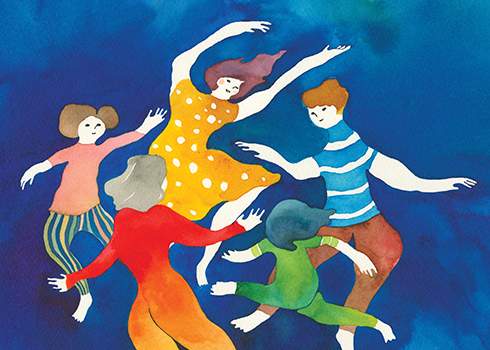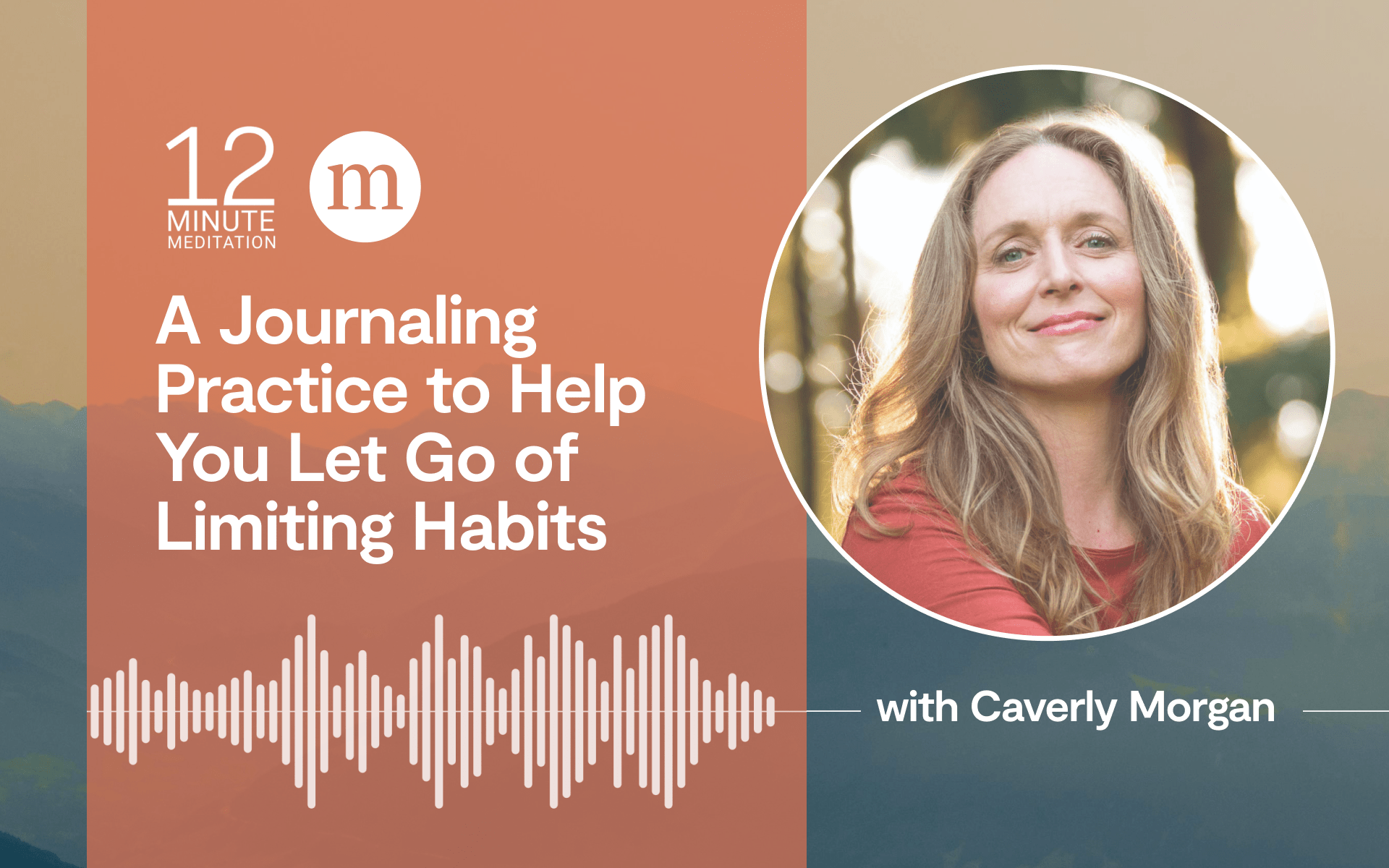Psychologists Stefanie and Elisha Goldstein, both seasoned meditation practitioners, describe the process of building a mindful family as a three-fold effort: raising the mindful self, the mindful couple, and the mindful child.
But when it comes to bringing mindfulness into the family, the Goldstein’s say most parents forget the “self” part.
“When parents bring their children into my office, they say they want more of this mindfulness stuff for their kids,” says Elisha. “But the parents aren’t necessarily doing it themselves.” This is especially challenging for mothers, Stephanie notes, because they often assume that thinking about their own needs is not part of good parenting.
“There’s this notion that you have to give up yourself in order to be a parent, and that’s what is to be admired,” says Stefanie. “But if you’re not okay, your kids are not okay.”
Stefanie shares a few ways we can inject a little “me” into daily family life.
1. Make self-care a priority. “For me, it’s giving myself permission without providing excuses to take time for myself,” says Stephanie. Whether it’s a yoga class, a movie, or a nap it’s worth making it a priority in your day or week.
2. When you mess up, forgive yourself and move on. The basics of mindfulness help here: when your mind strays, invite yourself back to the present moment—without judgment.
“As parents, you’re absolutely going to mess up. You’re going to stray from your intentions,” says Stefanie. “But when you come to that moment of realization—whether it’s because your child is mirroring that to you, or your partner is, or you realize it yourself—that is the moment of ‘oh.’ That’s when you can really forgive yourself as best you can and invite yourself back.”
3. Let your kids be your mindful guides, sometimes, too. When Stefanie’s two-year-old refused to fall asleep for a nap one day, she recalls yelling at him. Her four-year-old then told her not to yell. It served as an “oh” moment for Stefanie—to stop, take a moment to breathe, and then re-engage in a different way.
“There are a lot of parents who could get defensive in that moment—I have—and then maybe lash out at their four-year-old for calling them on it. That’s because it’s so painful and so humbling to say, ‘Wow, you’re right, I can do that differently.’”
For more than just this Glimpse:
- See the full table of contents for Mindful‘s December 2013 issue.




